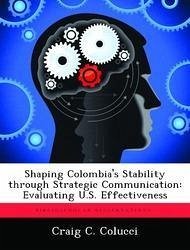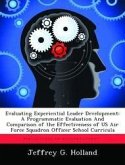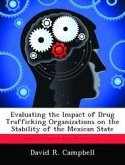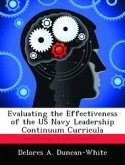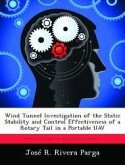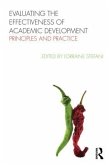Colombia's future hangs in the balance with dire implications for Latin America and U.S. national interests. After almost forty-five years of existential conflict, Colombia has the opportunity to be a peaceful and stable country, which is essential for regional stability and U.S. national interests. The Colombian government has the Fuerzas Armadas Revolucionarias de Colombia (FARC), or the Revolutionary Armed Forces of Colombia, on the ropes. The FARC, a social revolutionary and narco-terrorist group who is Colombia's greatest organized threat, faces open opposition and isolation from the Colombian populace and the international community. However, the group's communist roots enable it to regain sufficient traction in a country with the socio-economic conditions fertile for leftist ideology. Given Colombia's strategic importance, the U.S. needs to continue support for the government's operations against the FARC, most decisively through strategic communication efforts. Strategic communication, a vital tool in the 21st century information environment, is necessary to shape the FARC's long-term decline. Maintaining popular support and insurgent-population isolation, prerequisites for any successful counterinsurgency, is the priority for the Colombian government. An effective strategic communication campaign is required to persuade the population that continued support for the government is the right choice and degrade the FARC's cause and activities in the eyes of the Colombian people and the international community. In essence, strategic communication shapes the environment so that the FARC's isolation is a long-term consequence. Therefore, it is imperative to assess whether the U.S. is effectively employing strategic communication to shape the long-term decline of the FARC. To measure effectiveness, five evaluation criteria are presented: context, content, coordination, delivery, and assessment. Context ensures the communicator has effectively structured the issue
Hinweis: Dieser Artikel kann nur an eine deutsche Lieferadresse ausgeliefert werden.
Hinweis: Dieser Artikel kann nur an eine deutsche Lieferadresse ausgeliefert werden.

